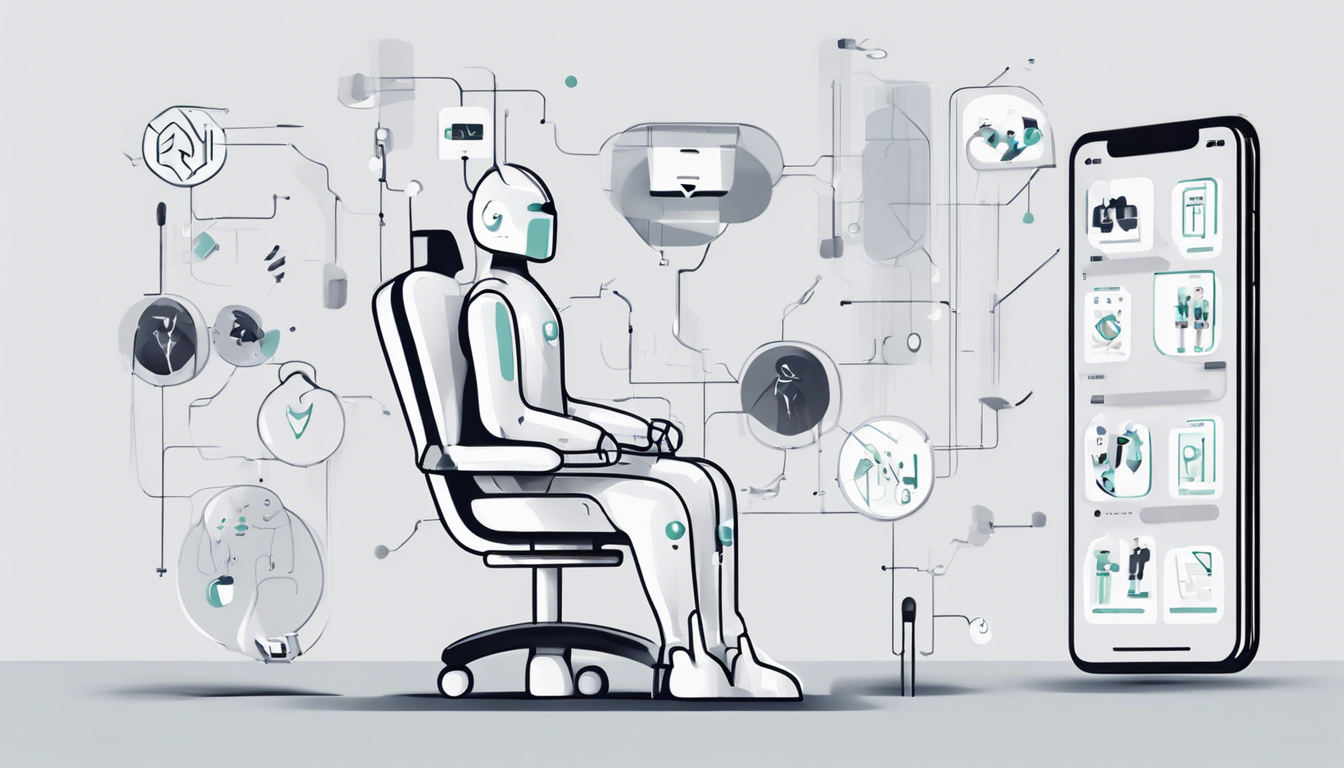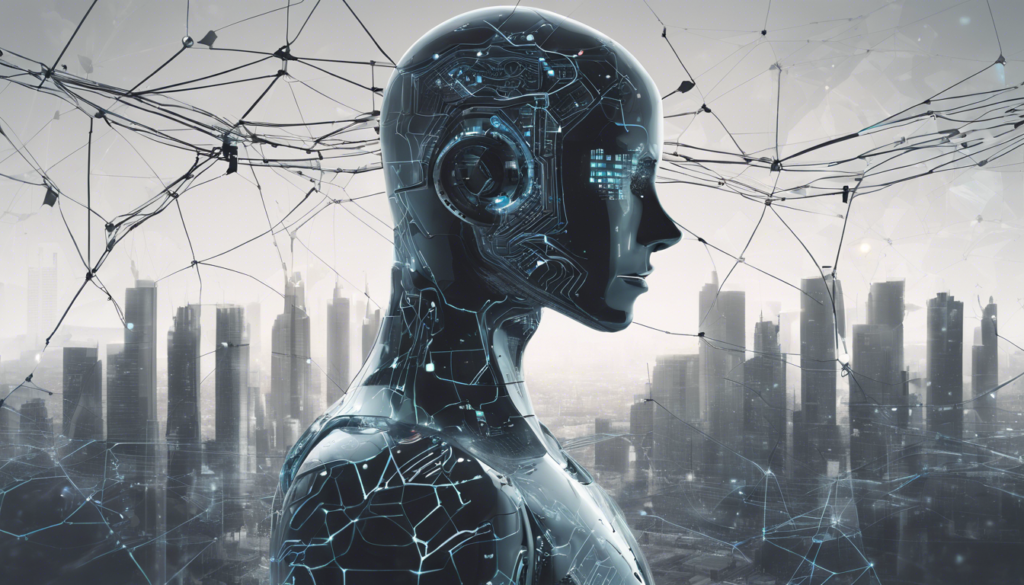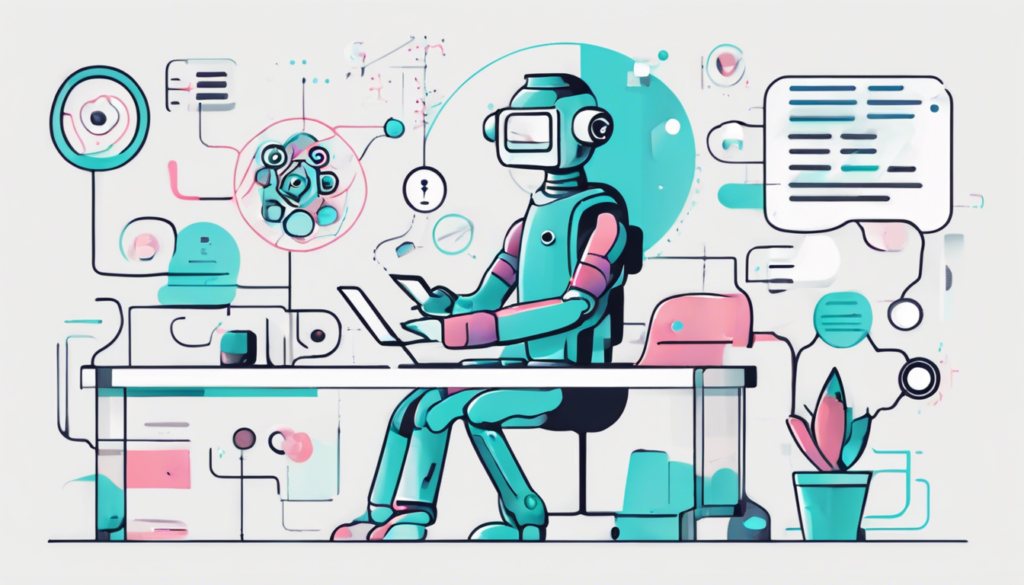In recent years, the healthcare sector has witnessed a dramatic shift towards digital transformation, largely fueled by the integration of advanced technologies.
Among these innovations, AI chatbots in healthcare have emerged as a groundbreaking solution, revolutionizing the way patients interact with health services and providers.
These intelligent virtual assistants streamline communication, improve access to information, and enhance patient engagement, making them invaluable assets in today’s fast-paced healthcare environment.
This article explores the multifaceted impact of AI chatbots in healthcare, discussing their benefits for patients and healthcare providers, the challenges they face, notable success stories, and what the future holds for these digital companions in patient care.
Challenges and Limitations of AI Chatbots
AI chatbots in healthcare have revolutionized patient engagement and service delivery, but they also face significant challenges and limitations.
One of the primary hurdles is the accuracy of information; chatbots must provide reliable medical advice which may necessitate sophisticated algorithms and constant updates to avoid misinformation.
Additionally, data privacy is a major concern, as compliance with regulations such as HIPAA is crucial when handling sensitive patient information.
Furthermore, the ability of AI chatbots to understand complex medical inquiries remains limited, often leading to misunderstandings or incomplete responses.
There is also the challenge of user acceptance; while many patients appreciate the convenience of AI assistance, others may prefer human interaction when discussing health concerns.
Together, these challenges highlight the need for continuous improvement and robust oversight in the deployment of AI chatbots in the healthcare sector.
Successful Case Studies of AI Chatbots in Healthcare
The integration of AI chatbots in healthcare has revolutionized patient engagement and operational efficiency.
One notable case study can be found in the implementation of the AI chatbot ‘Ada Health,’ which was designed to assist users in understanding their symptoms and guide them toward appropriate care.
By leveraging natural language processing, Ada Health has managed to process millions of queries per month, providing personalized and instant responses to users.
This reduces the burden on healthcare professionals, allowing them to focus more on critical cases.
Another successful instance is the chatbot developed by ‘Buoy Health,’ which triages patients based on their symptoms and recommends care plans efficiently.
These AI chatbots in healthcare not only enhance patient experience but also streamline communication between patients and providers, ensuring that care is both timely and effective.
As these case studies highlight, the future of healthcare is increasingly intertwined with AI technologies, fostering innovations that improve not only accessibility but also the quality of care.
Frequently Asked Questions
What are AI chatbots in healthcare?
AI chatbots in healthcare are automated conversational agents that utilize artificial intelligence to interact with patients and healthcare providers through messaging platforms, websites, or applications, facilitating communication, information dissemination, and assistance.
What are the benefits of AI chatbots for patients?
AI chatbots provide several benefits to patients, including 24/7 availability, quicker response times for queries, personalized healthcare advice, appointment booking, prescription refills, and health monitoring, which enhances the overall patient experience.
How do AI chatbots enhance efficiency for healthcare providers?
AI chatbots improve efficiency for healthcare providers by automating routine tasks, reducing administrative workload, streamlining patient communication, assisting with triage processes, and allowing healthcare professionals to focus more on critical care rather than mundane inquiries.
What are some challenges and limitations of AI chatbots in healthcare?
Challenges and limitations of AI chatbots in healthcare include concerns over data privacy, potential inaccuracies in medical advice, limitations in understanding complex queries, and the risk of depersonalizing patient interactions.
What does the future hold for AI chatbots in patient care?
The future of AI chatbots in patient care looks promising, with advancements in natural language processing and machine learning expected to enhance their capabilities, improve patient engagement, integrate with electronic health records, and provide more personalized, efficient, and scalable care.






